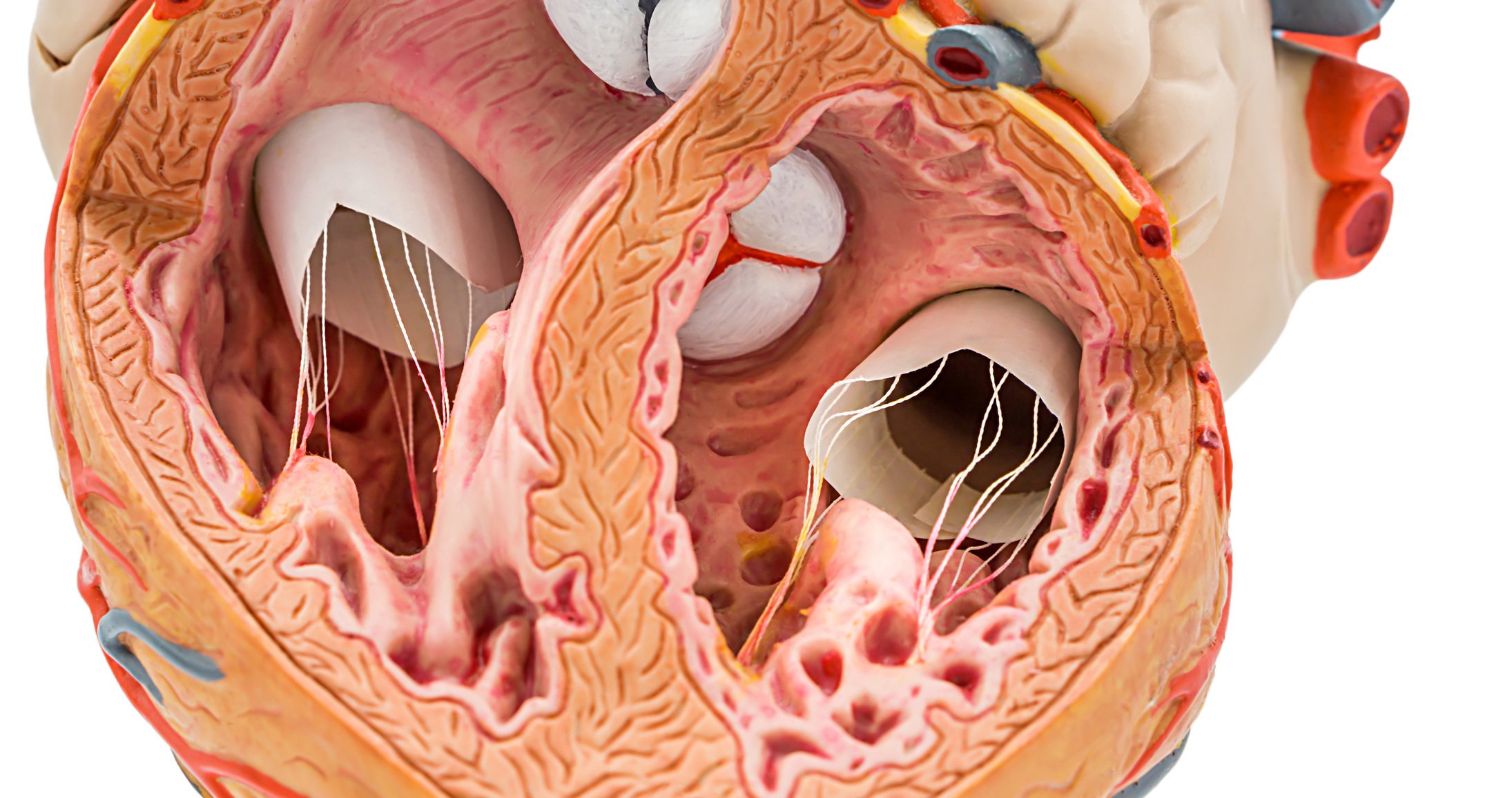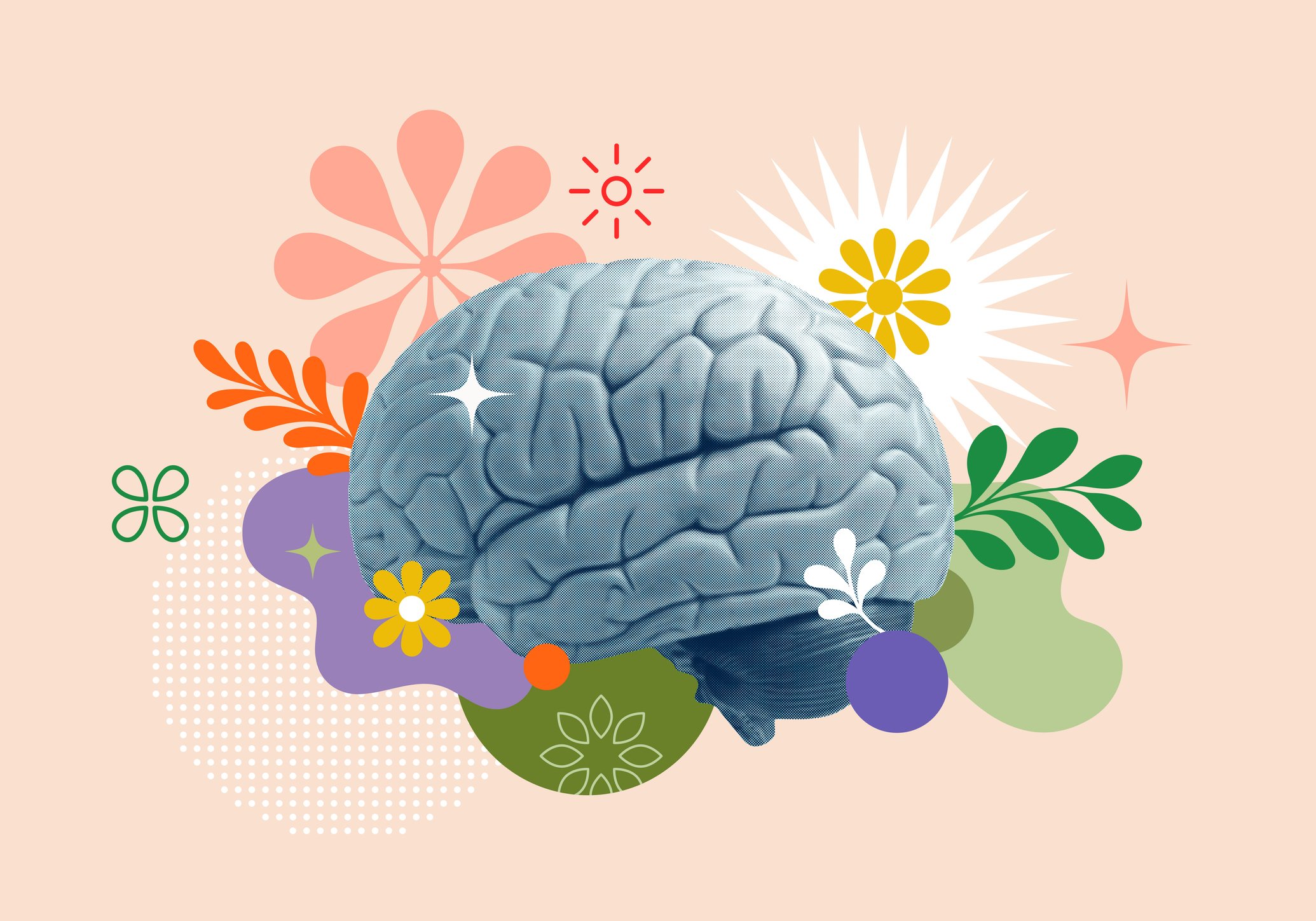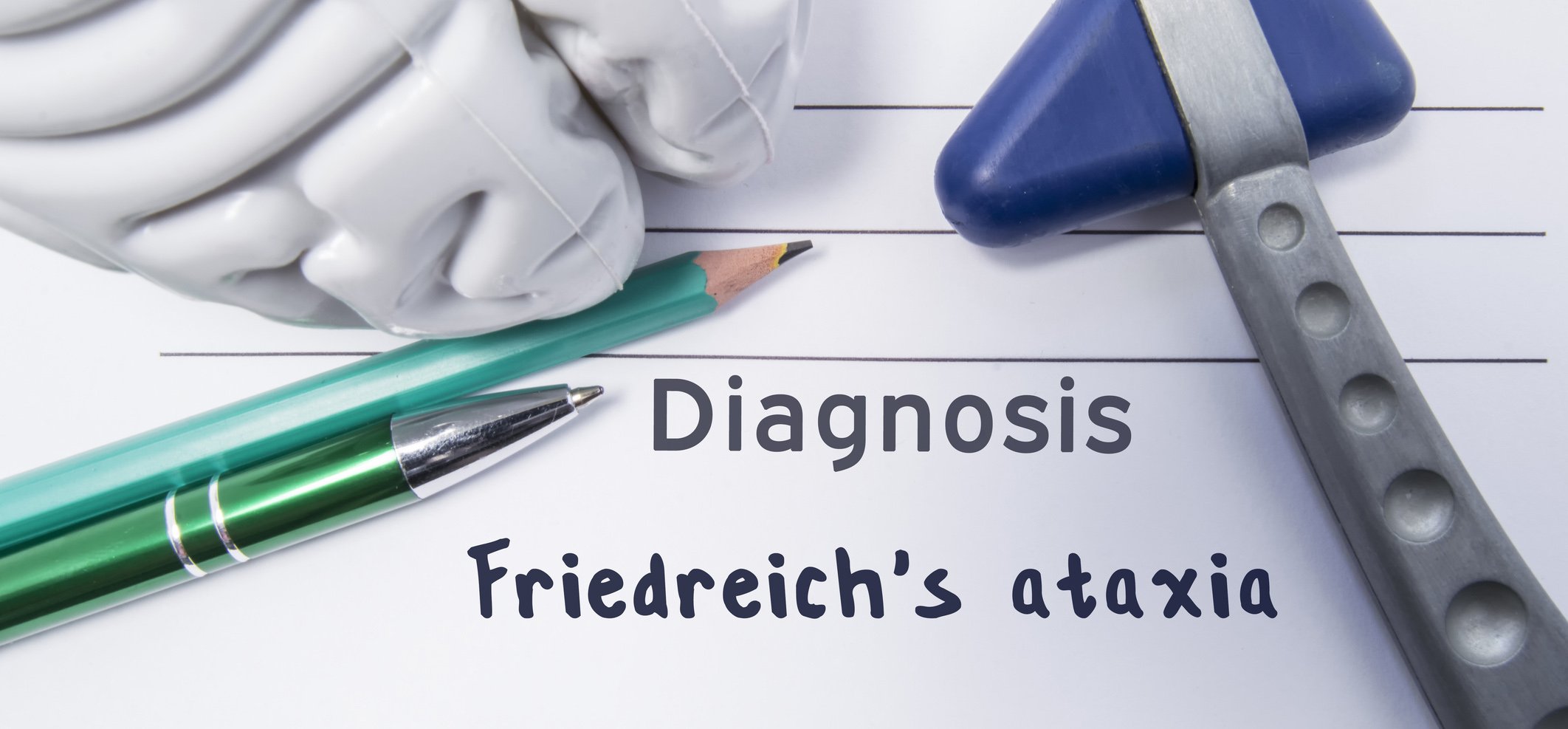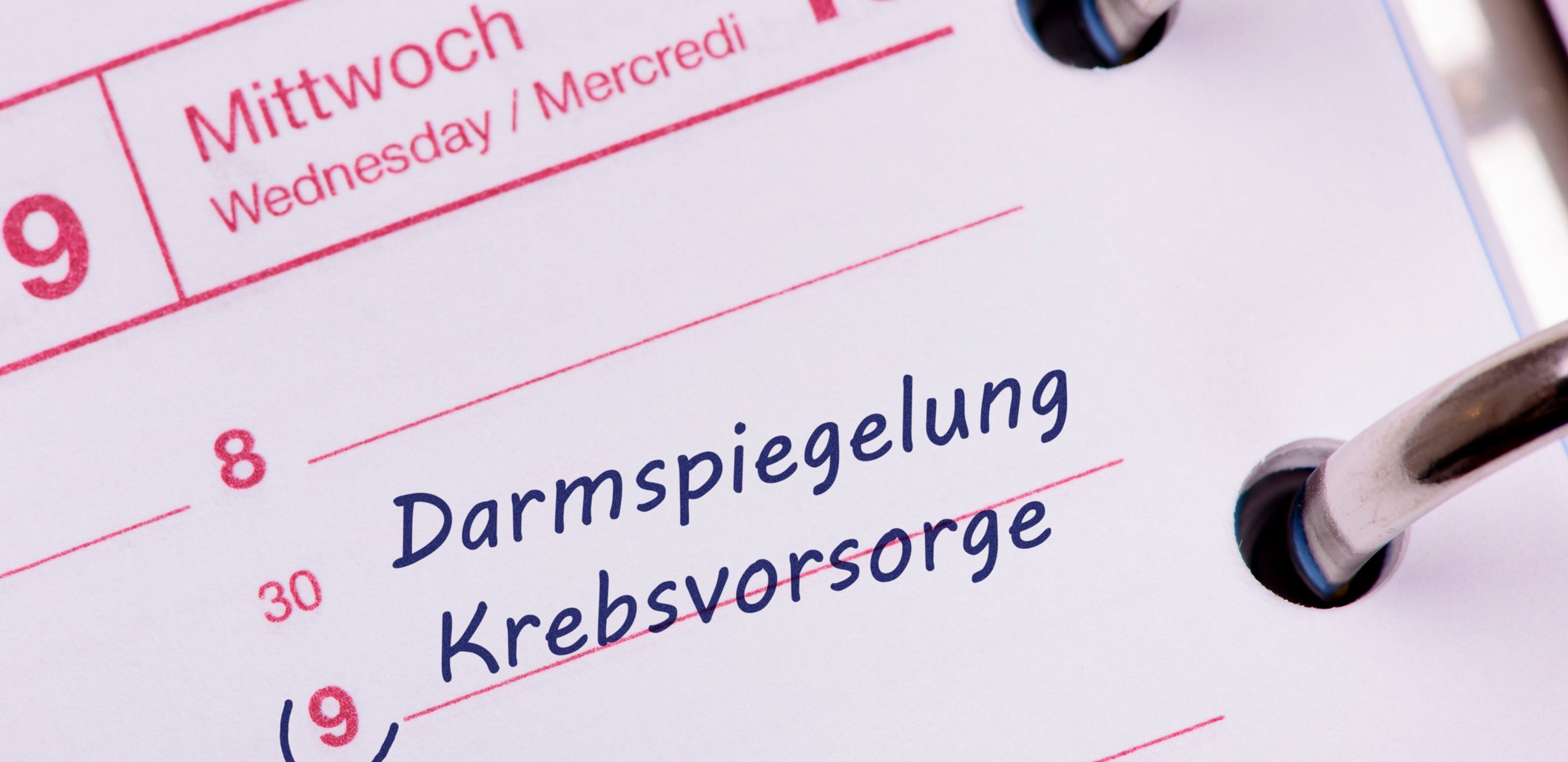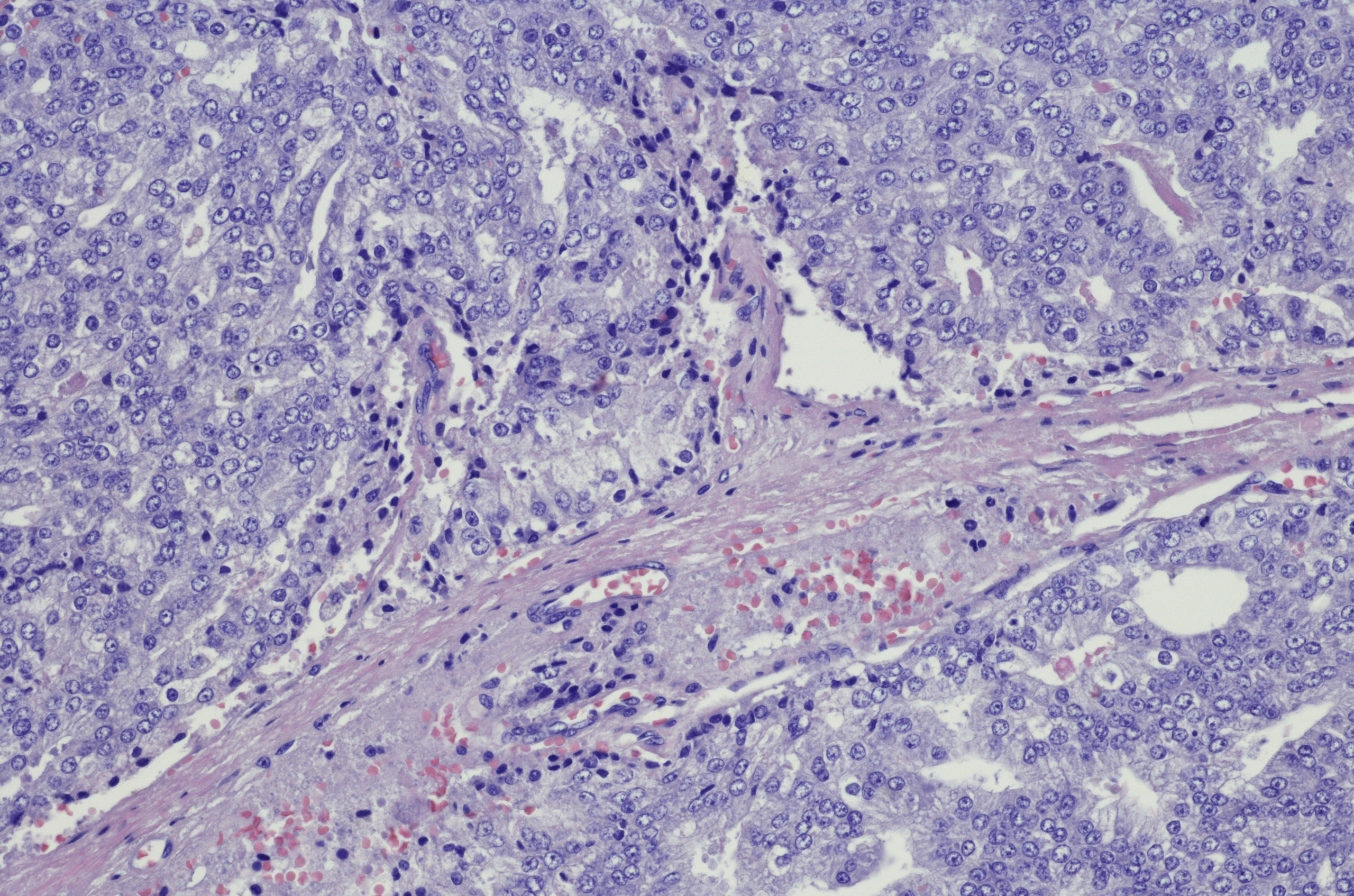Purpose: To provide a long-term benefit/cost assessment for additional cognitive behavioral therapy in patients with treatment-resistant depression.
Background: In fact, only a few experimental studies exist to date that have investigated cognitive behavioral therapy (CBT) for treatment-resistant depression (five in total). The existing studies often had a small number of cases (n<100) and/or examined only a short time period (8-20 weeks). Long-term studies are lacking in this area.
Patients and Methods: This is a randomized-controlled trial called CoBalT, which was conducted at multiple sites in England. The CoBalT study included patients aged 18-75 years who had been treated with an antidepressant for six weeks but still had significant depressive symptoms (BDI scores >14) and met ICD-10 criteria for a depressive episode. These patients were randomized into the two treatment groups “standard treatment” or “additional kVT”. The follow-up survey was conducted by mail or telephone, among other methods. Follow-up was three to five years after patients were randomized. The primary endpoint was a self-rating of the patients regarding their depressive symptomatology. Furthermore, an economic cost-benefit analysis was carried out.
Results: Between November 2008 and September 2010, a total of 469 matched patients were enrolled in the CoBalT study. Follow-up results were available from 248 patients (136 patients had received kVT, 112 patients had received standard treatment). After a median of 45.5 months, BDI scores (i.e., severity of depressive symptomatology) were highly significantly lower in the kVT group than in the comparison arm. Cognitive behavioral therapy also proved to be highly cost-effective in the economic analysis.
Authors’ conclusions: Cognitive behavioral therapy, in addition to antidepressant treatment, is shown to be clinically superior and cost-effective in long-term follow-up of patients who have not responded to pharmacotherapy alone.
Comment: This is a methodologically high-quality and important paper by Nicola Wiles and colleagues, as the topic “psychotherapeutic treatment of treatment-resistant depression” is also of very high clinical relevance in Switzerland. Depressive disorders are among the most serious illnesses in Switzerland and worldwide. Despite this, depression is often not recognized or is inadequately treated. If treatment is inadequate, residual symptoms or relapses can have a massive impact on the quality of life of those affected (but also of those around them). In addition to biological methods (e.g., light therapy, electroconvulsive therapy, transcranial magnetic stimulation), creative therapeutic methods (e.g., occupational therapy, art therapy, equine therapy, music therapy), antidepressants, and, in particular, psychotherapeutic methods are used in the treatment of depression. Ideally, the measures are tailored individually, integratively and multimodally to the affected patient. Among psychotherapeutic methods, cognitive behavioral therapy (as in the presented study), interpersonal psychotherapy (IPT), and disorder-specific psychotherapy for chronic depression (CBASP) in individual or group settings have proven most scientifically effective in this indication. In general, early specialist assessment is recommended to initiate therapy and prevent chronicity of the depressive illness.
InFo NEUROLOGY & PSYCHIATRY 2016; 14(4): 30.






